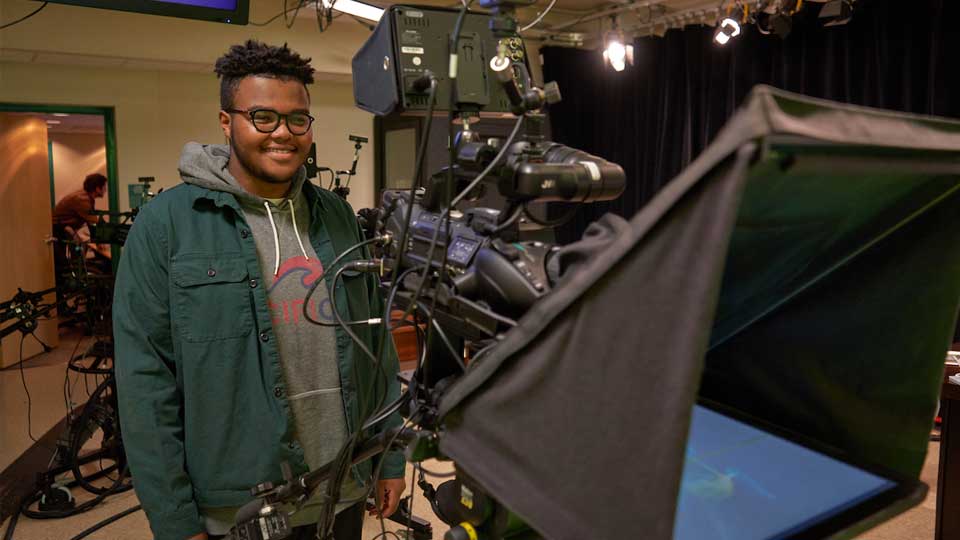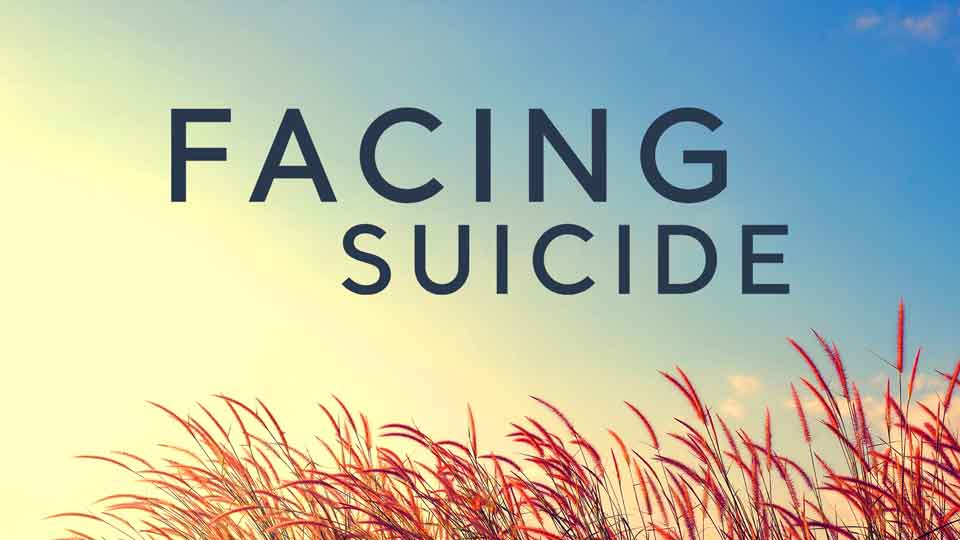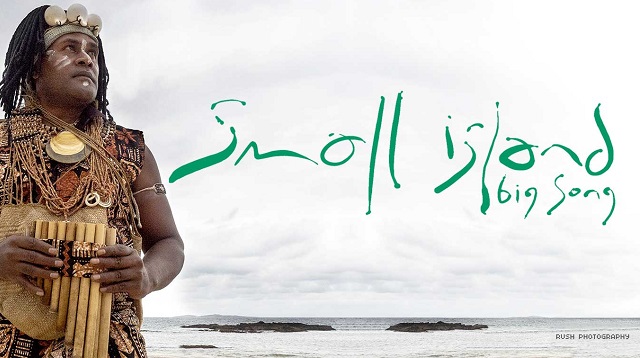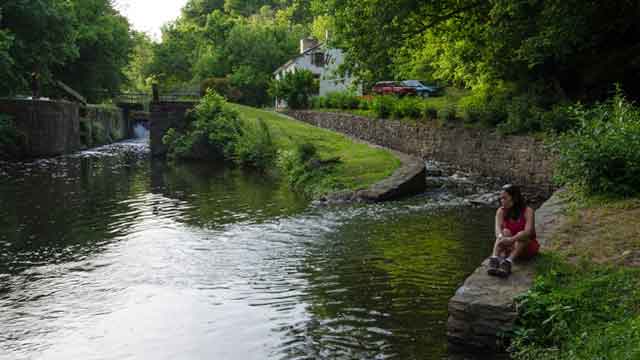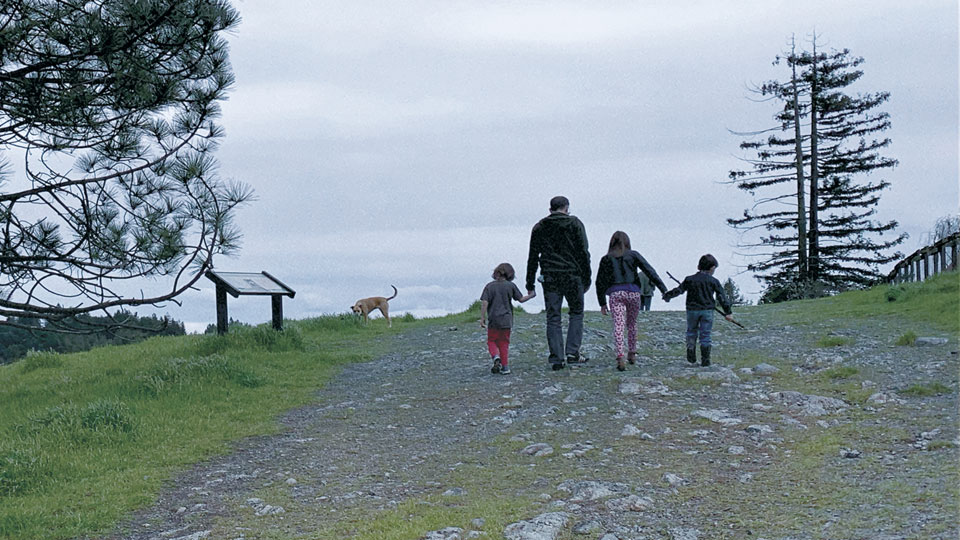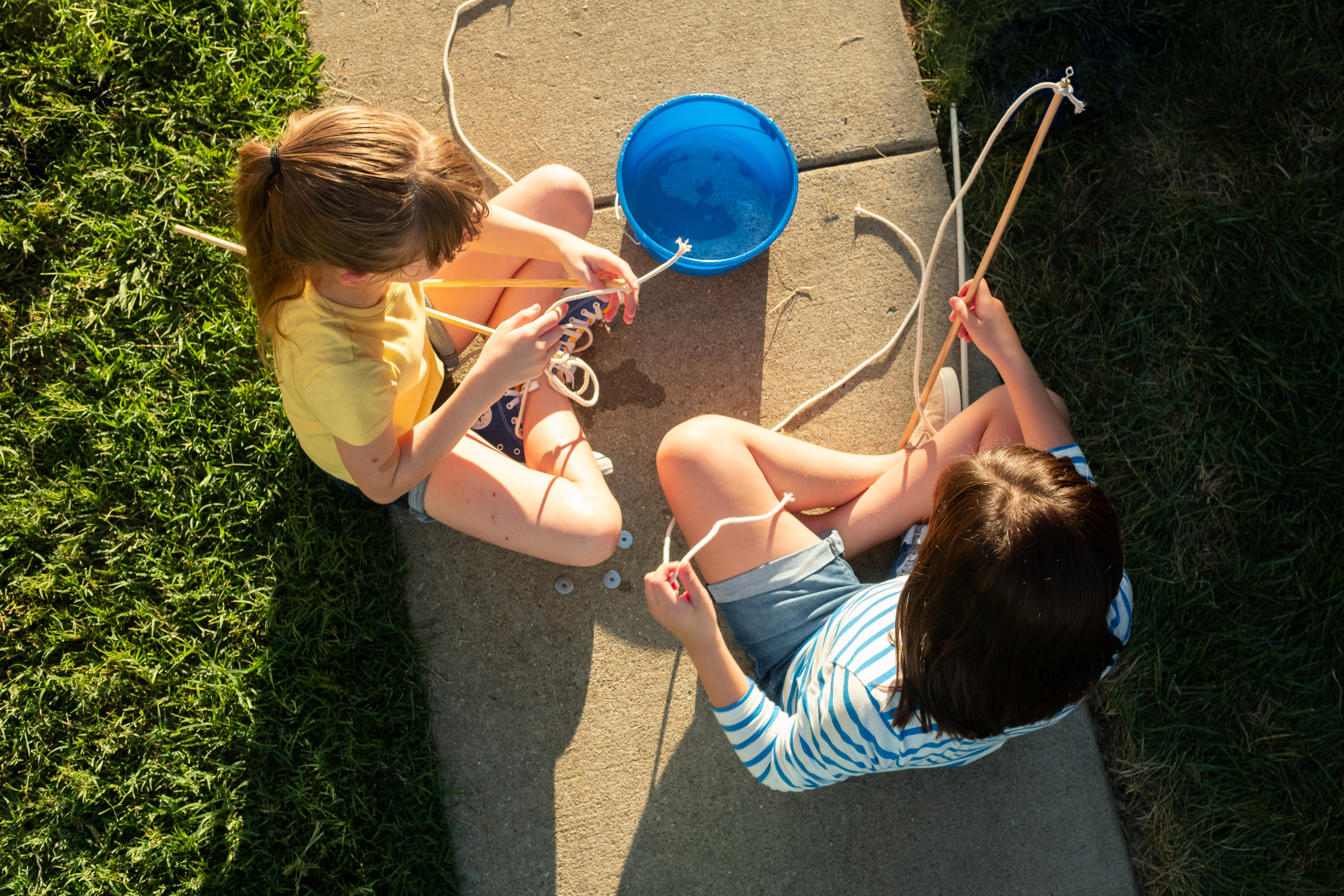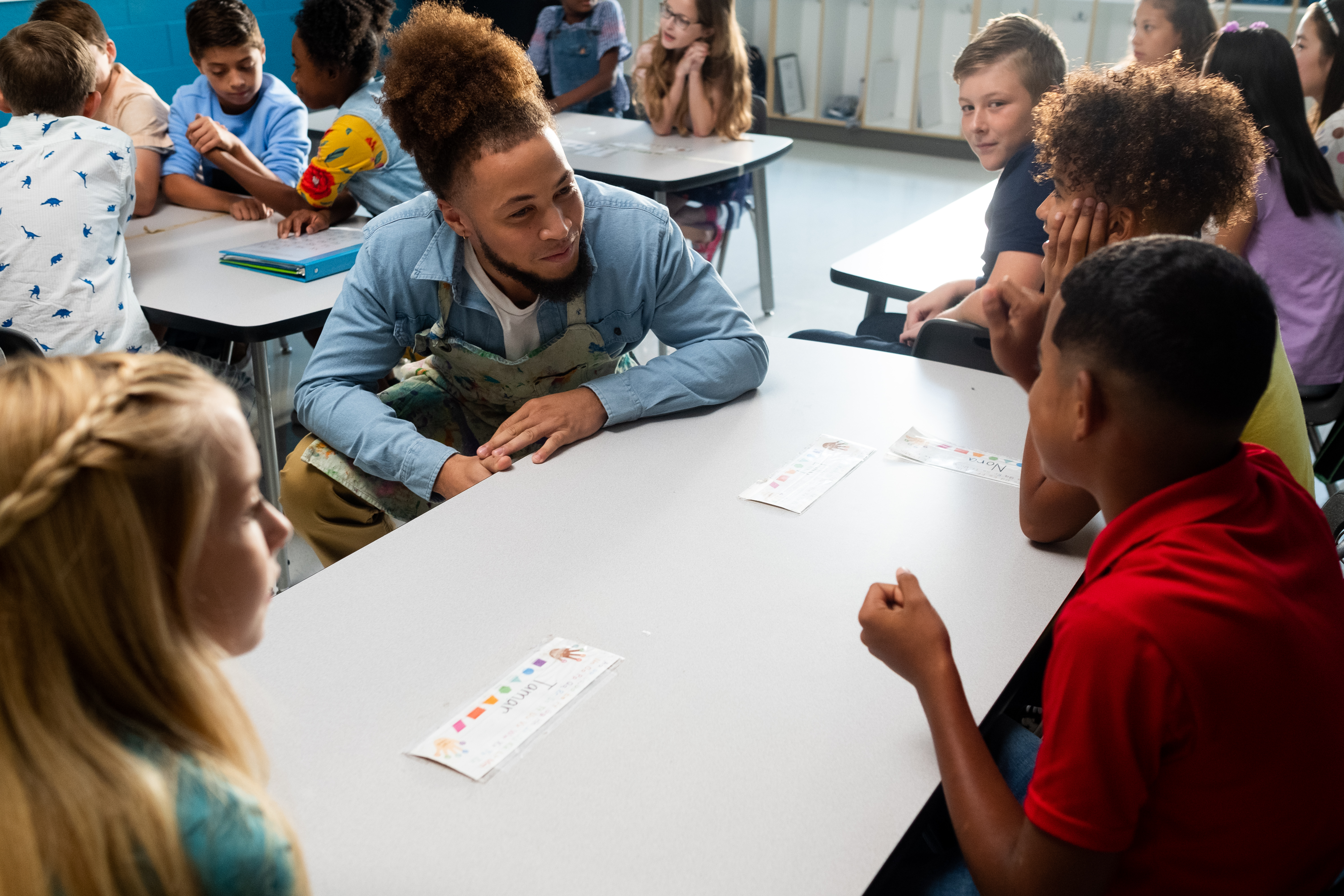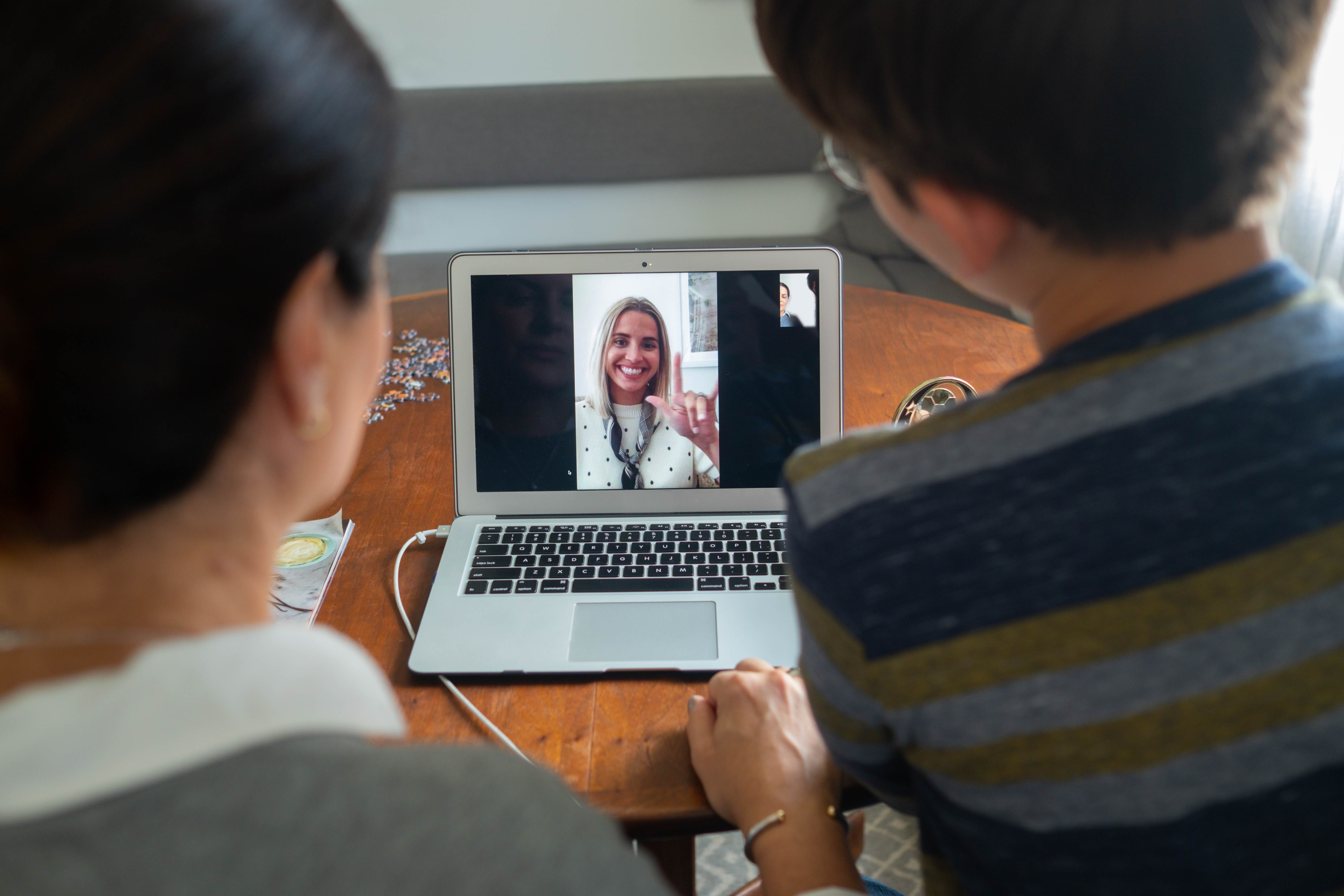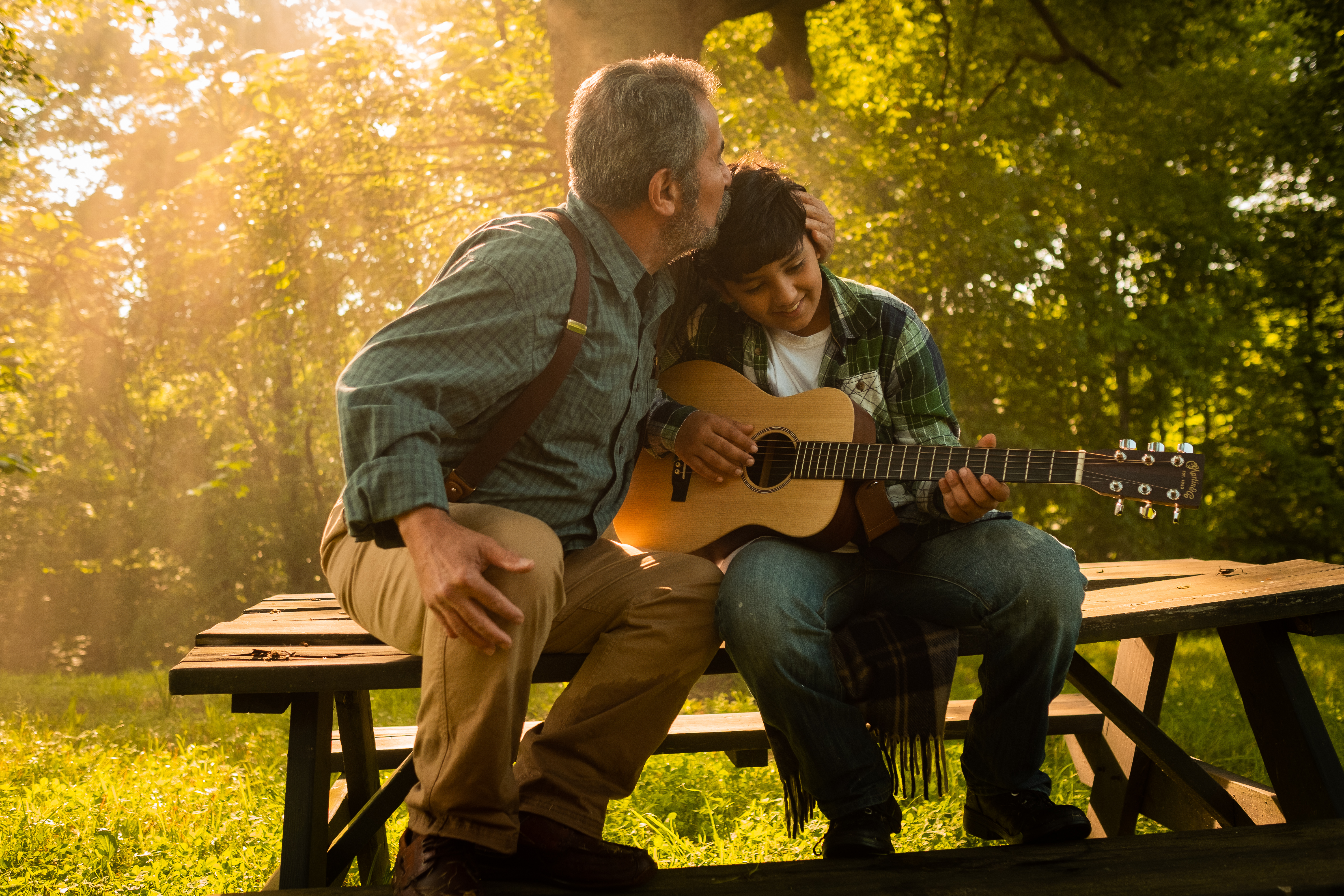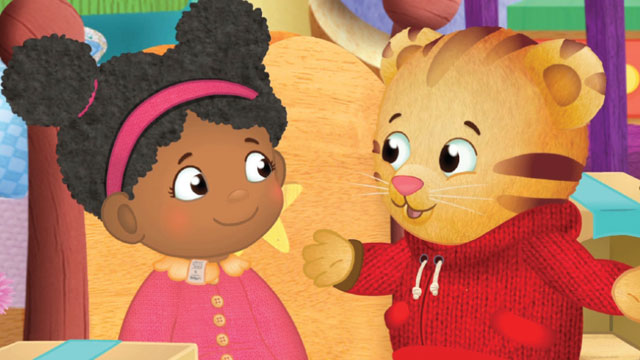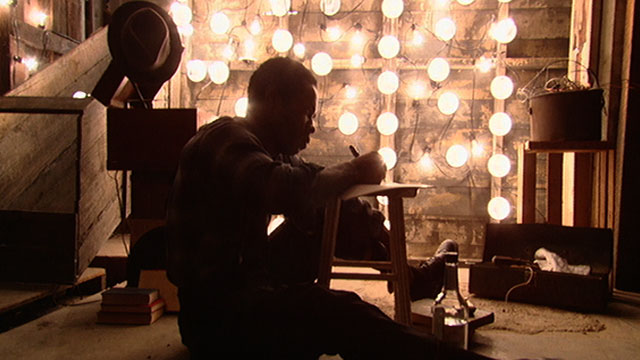Your Learning Neighborhood
Educator Resources
Working with the Pennsylvania Department of Education and Pennsylvania Association of Intermediate Units, Pennsylvania PBS has curated free content for you that align to state standards. Here are top resources to help you keep your students engaged and on track.
Subscribe to Our WPSU Families and Educators Mailing List
Educator Resources

Alphabet Engagement Worksheets
Use these worksheets with small children to engage with fun activities throughout the alphabet.

Anti-Racism Resources
A growing list of resources from PBS and trusted partners, to use as tools to support anti-racist learning and growth. Free and open for all. (pdf)

Explore the World with Hubert H. Humphrey Fellows
WPSU is delighted to have collaborated with the Hubert H. Humphrey Fellows Office at Penn State to create a video series presented by the 2021 Humphrey Fellows. These educational videos, suited for classroom and community viewing, feature each fellow talking about their home country, its culture, history, and people.

Family Engagement Sessions for Schools
Let us join your school’s family night and share exciting activities from PBS KIDS! Children will love seeing clips from their favorite show and engage in related hands-on activities. WPSU will also share resources for grown-ups that are accessible and easy to use to help their young ones thrive. These sessions can be customized to your specific learning goals and themes, and can be scheduled virtually or in-person.
Contact Sarah Hamilton at education@wpsu.org for more information.
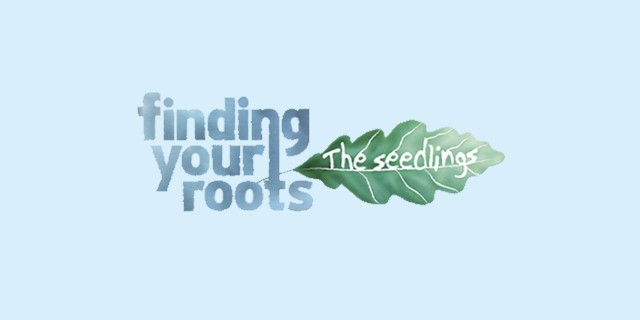
Finding Your Roots: The Seedlings
“Finding Your Roots: The Seedlings” follows 13 young people in a genetics and genealogy camp as they explore their family history and DNA ancestry with techniques never before used in an educational setting.
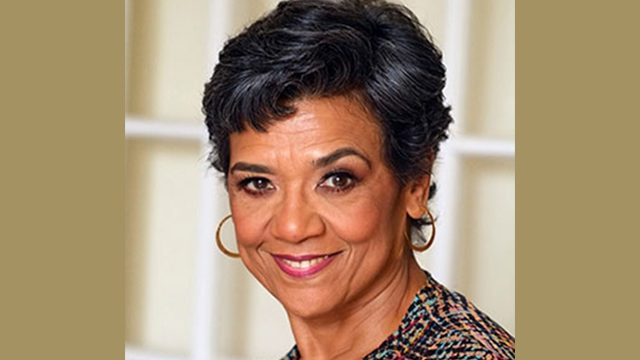
How to Talk to Kids about Race and Racism
Sonia Manzano, known as Maria on Sesame Street, will speak about how parents, grandparents, aunts, uncles, and those working with children can learn how to talk to kids about race.
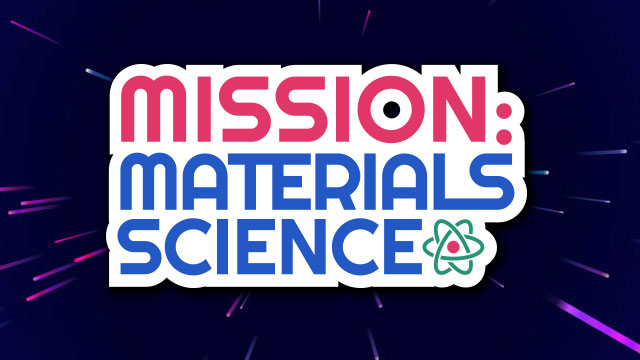
Mission: Materials Science
Materials science is the study of stuff— what it’s made of, how it can be used, and even how it can be changed to create new kinds of stuff. Your mission? To learn how materials science and engineering is at work all around you.
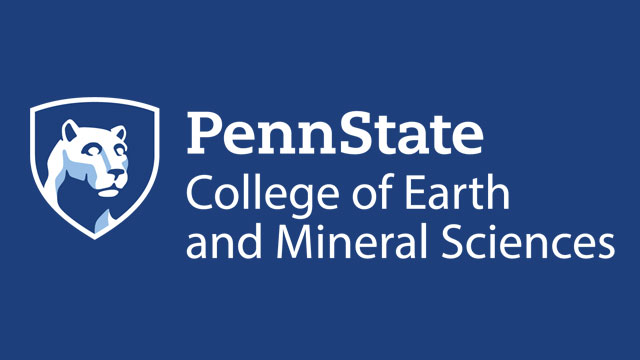
Open Educational Resources
Access nearly all online courses developed by the College of Earth and Mineral Sciences, in subjects such as energy, geospatial technology, cartography, and geology.
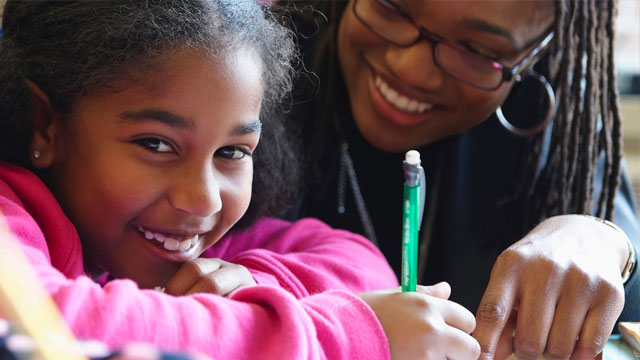
PBS Education
PBS provided resources for teachers, including TeacherLine, Digital Innovators, and Teacher’s Lounge.
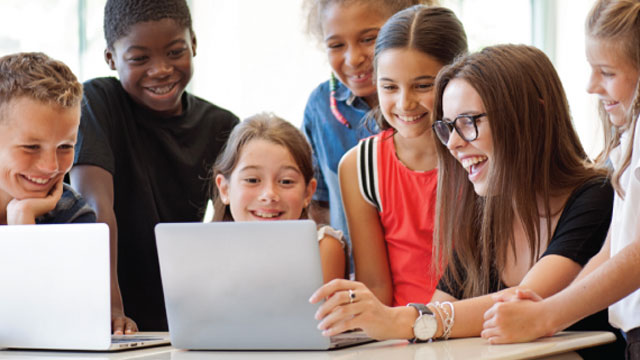
PBS LearningMedia
Standards-aligned educational material and curriculum that can be used by teachers and parents.

PBS LearningMedia Professional Learning Series
PBS LearningMedia offers Virtual Professional Learning Series created for teachers—by teachers— with topics covering anti-racist teaching, digital engagement, teaching with PBS KIDS programming, and more! Upon completion, PBS provides a certificate of attendance for each one hour virtual professional learning event.

Resource Sharing for Educators
Need help navigating all the resources PBS has to offer? Invite WPSU to your professional development days to offer educators a guided tour on how to access resources. Sessions can be customized to feature curriculum-aligned content based on subject matter or grade level.
Contact Sarah Hamilton at education@wpsu.org for more information.

Science-U@Home
Created by WPSU, Science-U@Home offers easy to advanced at-home science activities you can do with materials you have at home.
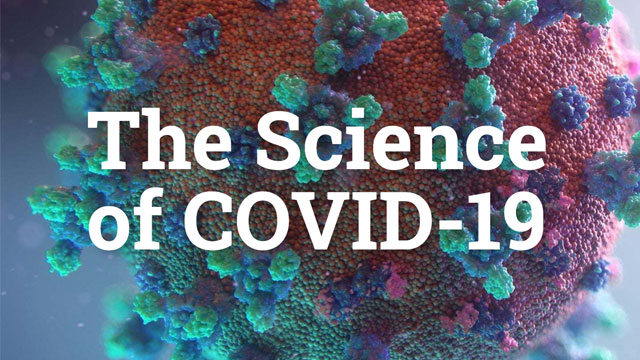
The Science of COVID-19
Co-developed with experts in virology, epidemiology, agent-based modeling, and public health preparedness, this introductory course allows middle and high school students to learn about COVID-19 through the lenses of three distinct scientific fields.
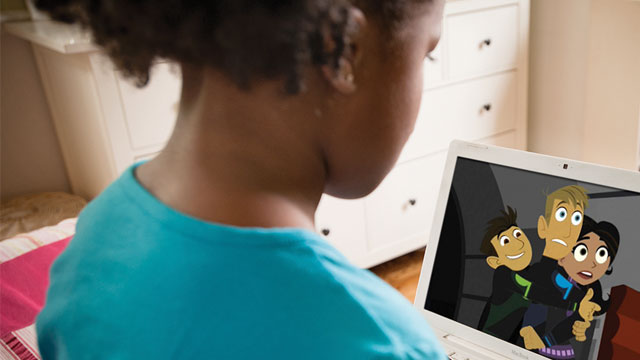
WPSU PBS Education Resources
WPSU has put together a one-page guide of learning at home resources available from PBS.
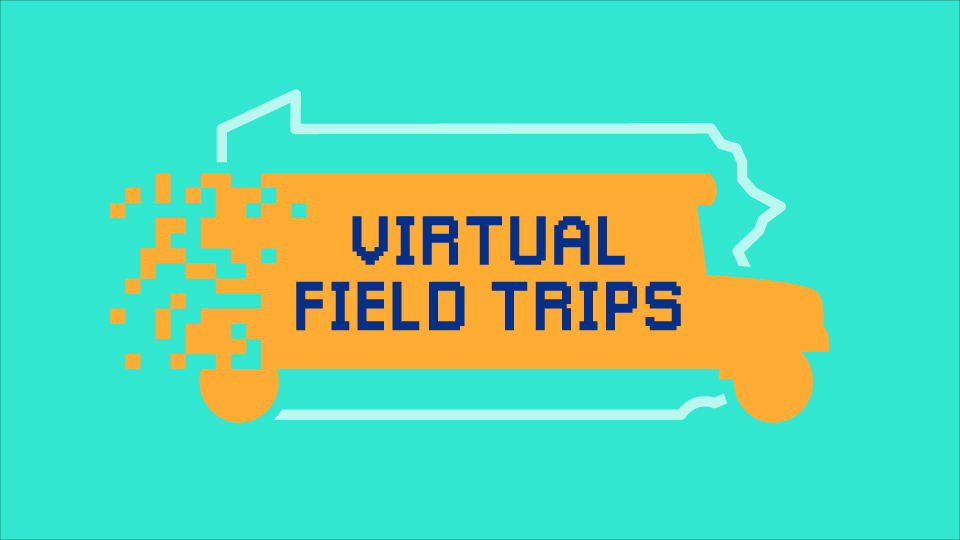
WPSU Virtual Field Trips
WPSU presents virtual field trips of the Centre Country Recycling and Refuse Authority and Fort Roberdeau with more to come!
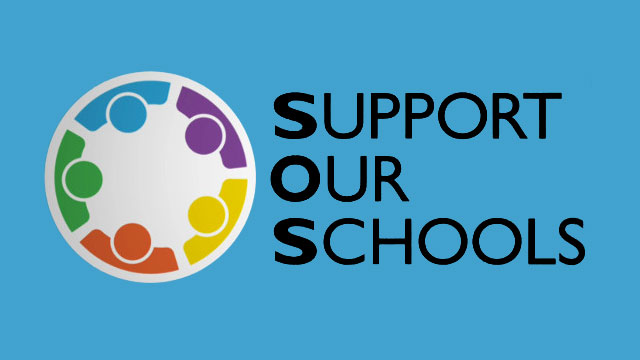
WQED SOS
WQED SOS (Support Our Schools) is a universally-designed project that engages students for a period of ten days and crosses curriculum areas to address grade level standards in multiple subject areas including; math, science, English language arts, and social studies.
On-Demand Professional Development
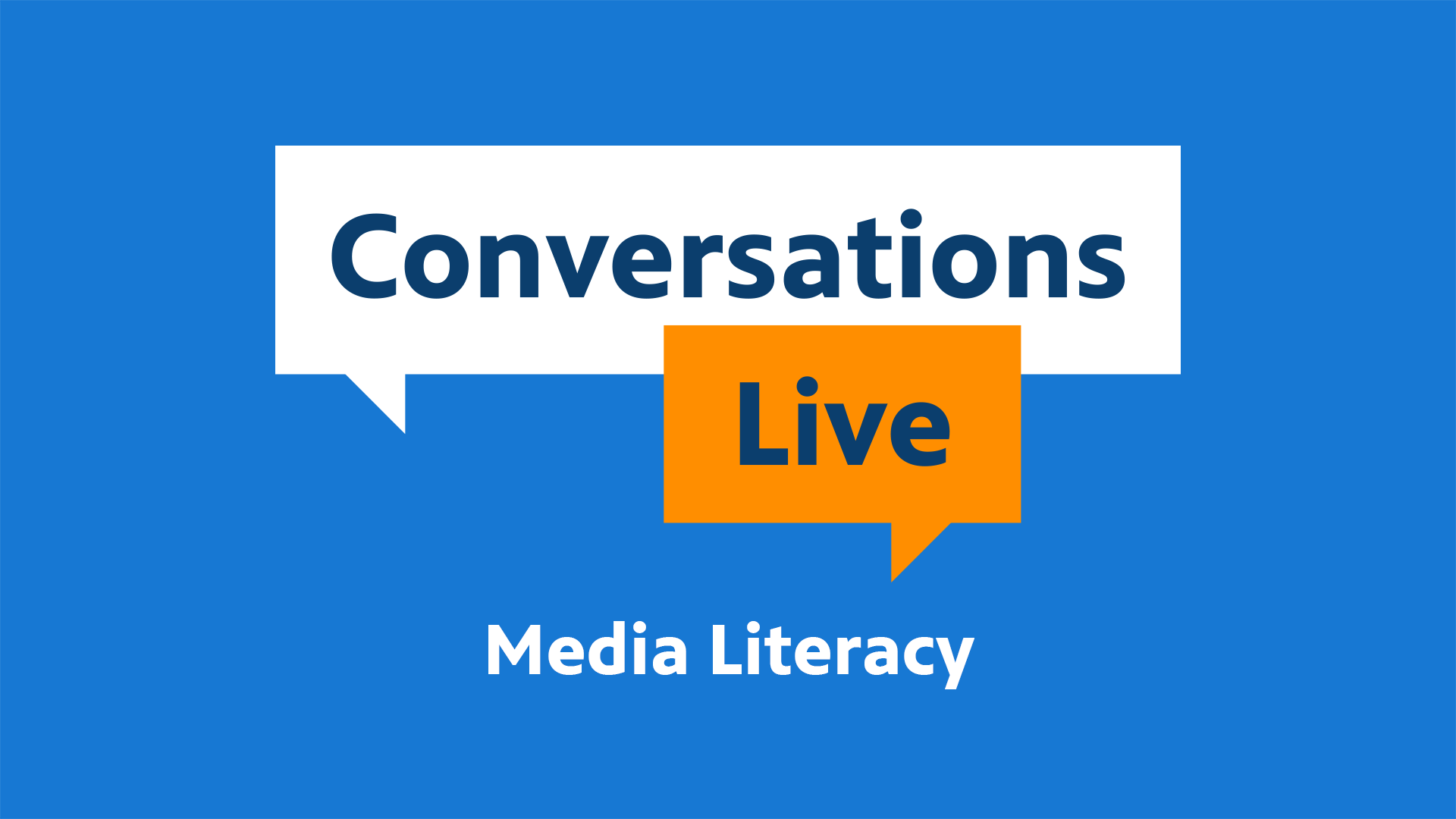
Conversations Live: Media Literacy
Join us as we take a closer look at Media Literacy. Host Bill Hallman will be joined by Penn State experts Prof. Matt Jordan and Prof. Kelley Cotter as they discuss what constitutes quality journalism, choosing legitimate news sites, the role of social media on news, the potential impacts of AI on news and media, and other related topics. And we want to hear from you. Email us at connect@wpsu.org to send in your questions, or call in during the live show.
Act 48 credits available.
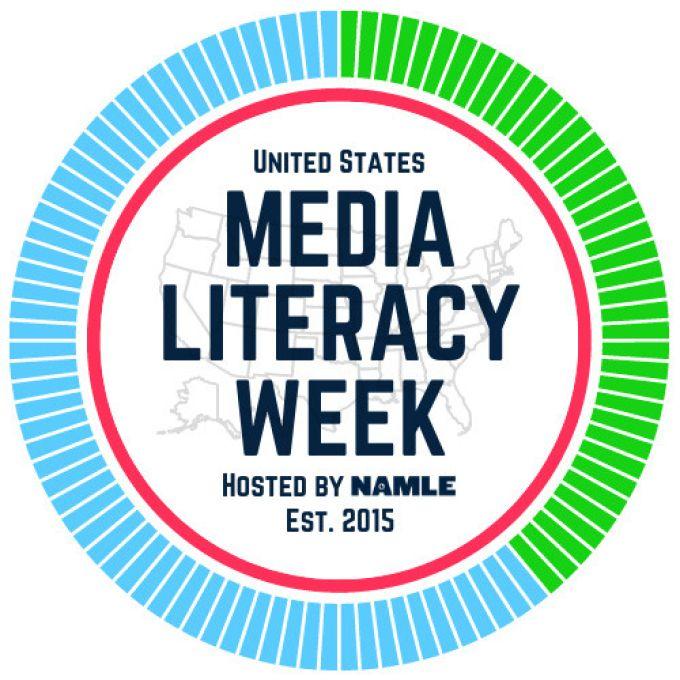
Everyone is a Media Literacy Educator
This session for educators will focus on key strategies, questions, and inquiry activities for helping students dig deep into media messages. We’ll explore how NAMLE’s Core Principles of Media Literacy Education can help guide your media literacy practice and highlight resources for teaching media literacy across subjects.
Act 48 credits available.

Does News Find Me?
How do we, as educators, help our students decipher when, where, how, and what news finds us? Through this dive into social media algorithms, educators learn ways in which news is populated so that we can engage students in ways to actively seek out relevant issues and explore a variety of sources rather than relying on information finding us. Educators are encouraged to reflect on the presented content to identify ways to integrate strategies into their practice to support students’ research skills, critical thinking, and computational thinking across all subject matter areas.
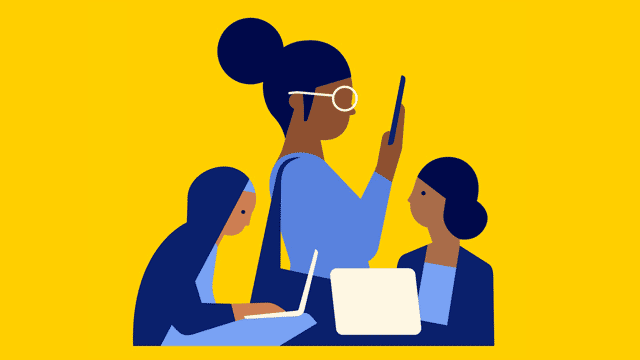
We Are What We Read
Help your students develop a critical eye in examining the news and information they read. By understanding journalistic ethics and how stories are produced, students can be more aware of what they are reading and more capable of making informed decisions. Educators are encouraged to reflect on the presented content to identify ways to integrate strategies into their practice to support students’ critical thinking, data analysis, and literacy skills across all subject matter areas.
Act 48 credits available.

News Engagement for the Civically Engaged
Break out of the news fatigue! Learn strategies for yourself and for your students on how to gain control over how we consume the news and how we are sharing that information. Empower students to use news as a tool for civic engagement and create the news and social change they want to see.
Act 48 credits available.
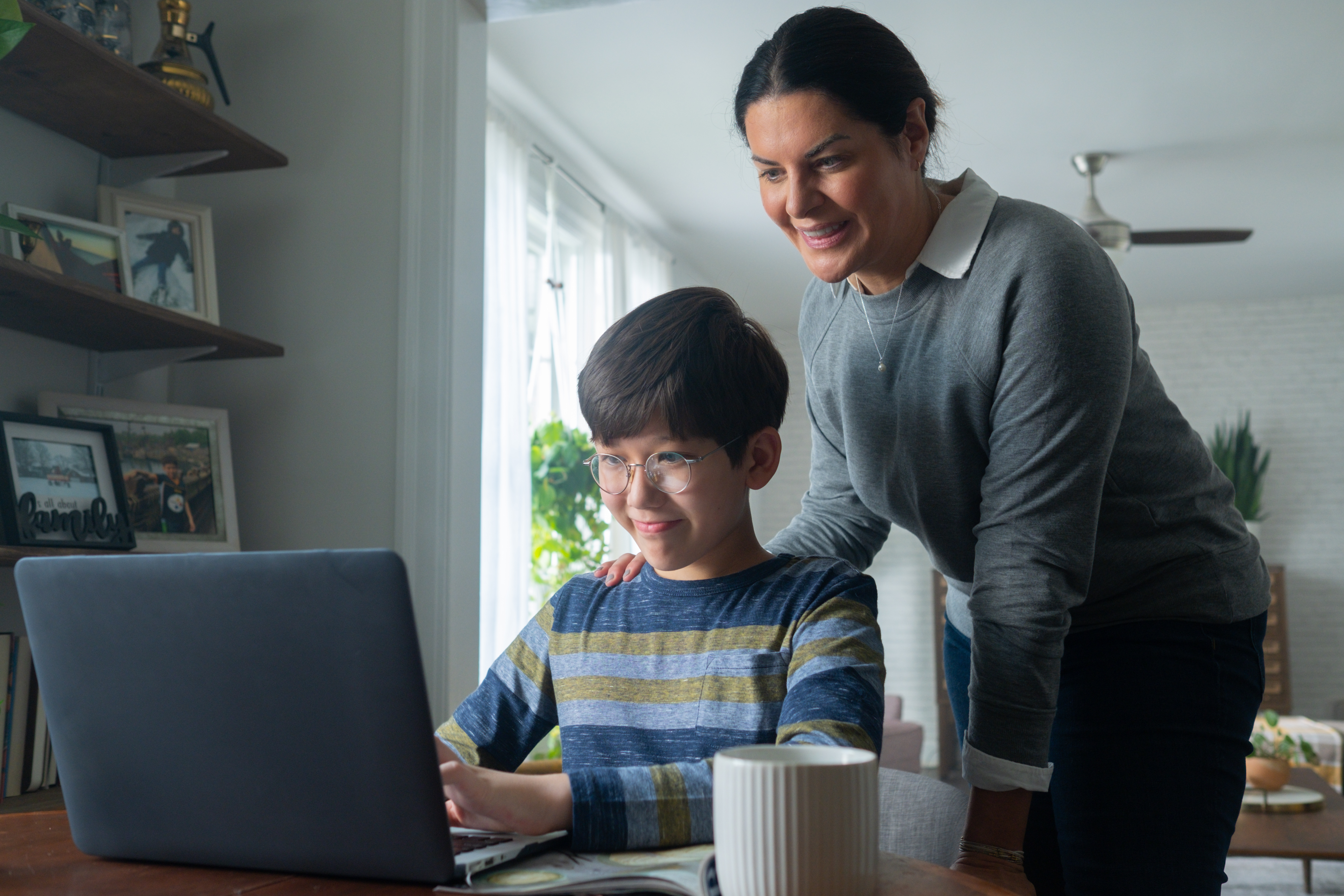
Are They Watching Screens, Again? Young Children, Media, Play and Learning During COVID
In this webinar, Dr. Allison Sterling Henward will focus on how families of young children ages 3—8 and youth can make the most of increased reliance on screens during COVID-19.
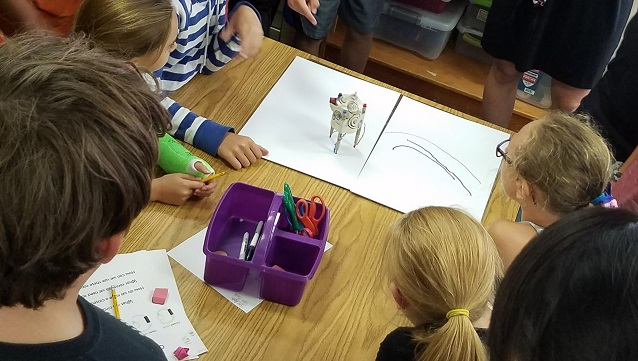
Drawing Together: STEM Integration Through Drawing Experimentation
This workshop will provide opportunities for all educators to become comfortable integrating mobile technologies and simple machines, allowing students to create their own expressive artwork.
Act 48 credits available.
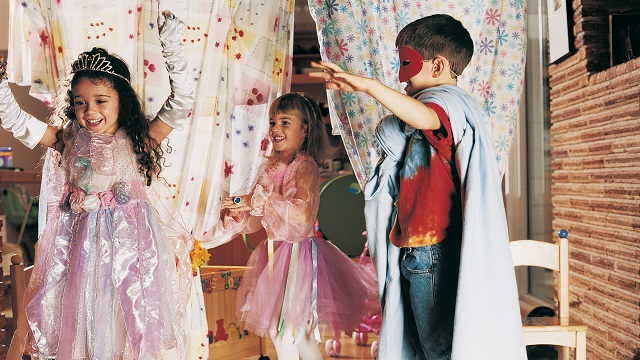
Supporting Language Development through Media
Dr. Allison Henward and Yeojoo Yoon explore how to use media to support children’s language development and the challenges and possibilities they bring.
Act 48 credits available.
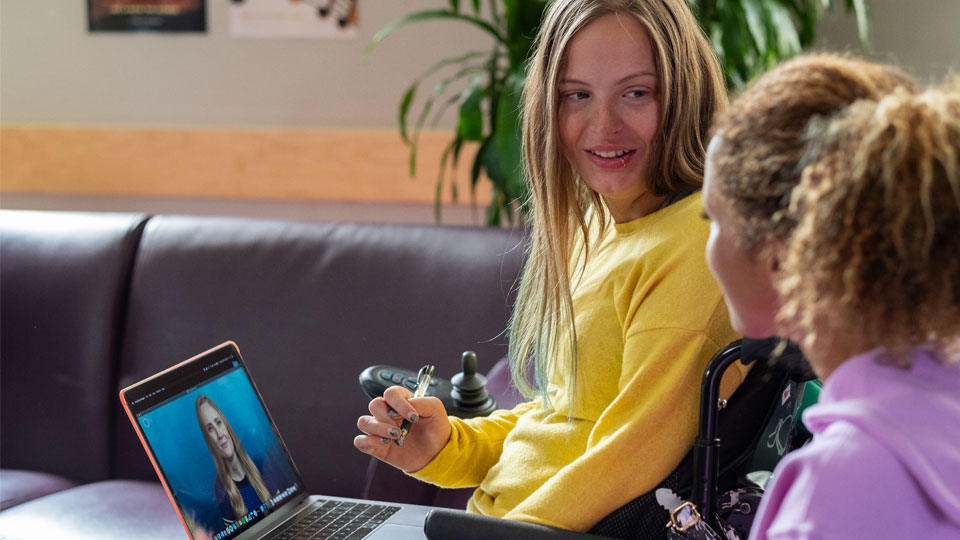
Best Practices for Simple Video Filming and Editing
WPSU producers share their expertise on filming and editing simple videos to enhance your classroom experiences. These how-to videos will help you create engaging videos for your classroom, and learn basic techniques for editing videos to post online.
Act 48 credits available.
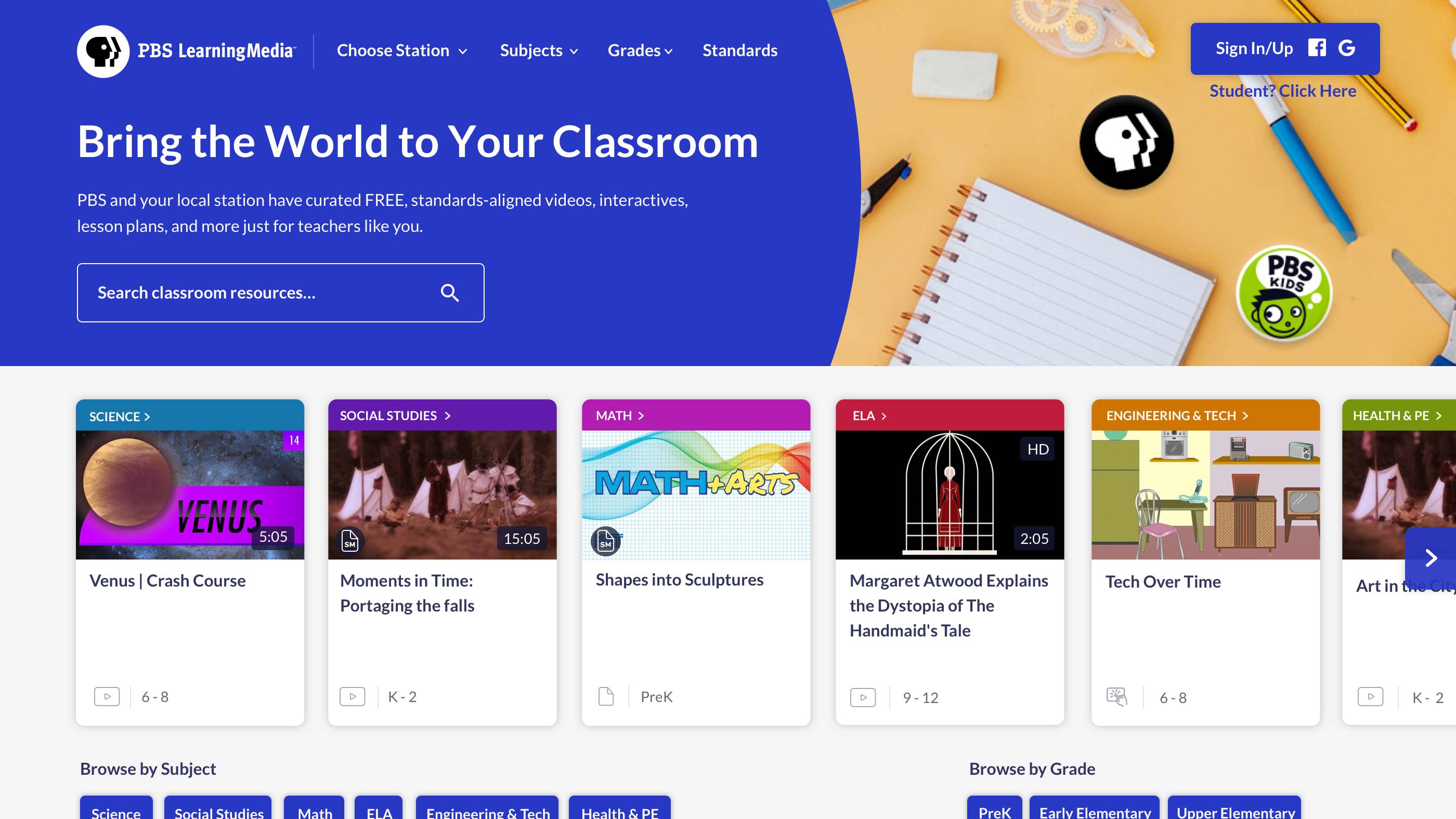
PBS LearningMedia in the Classroom
WPSU’s educator, Dr. Kate Berardi, explores PBS Learning Media and provides a hands-on example of how to incorporate its assets into your classroom. Download Presentation (pdf) »

Utilizing PBS LearningMedia Resources in Your Classroom
Tap into the power of learning with access to resources for all content areas and age groups in this overview of how to integrate them into your classroom and curriculum.
Act 48 credits available.
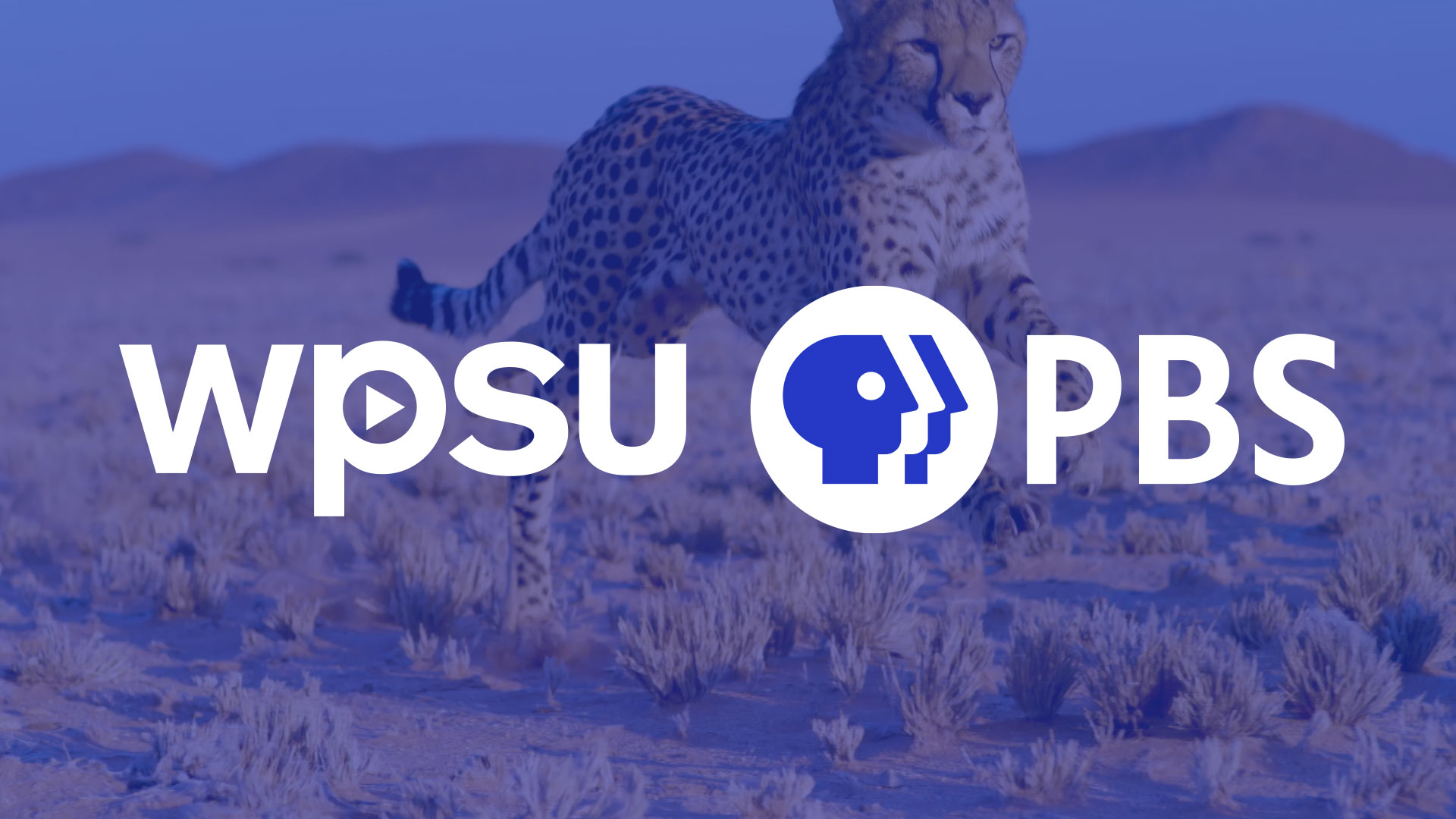
Integrating On-Air PBS Programming Into Your Curriculum
Join WITF’s Director of Education, Debbie Riek, along with Sue Voigt from Capital Area Intermediate Unit 15 as they explore the wealth of PBS resources available to connect to your curriculum.
PBS LearningMedia
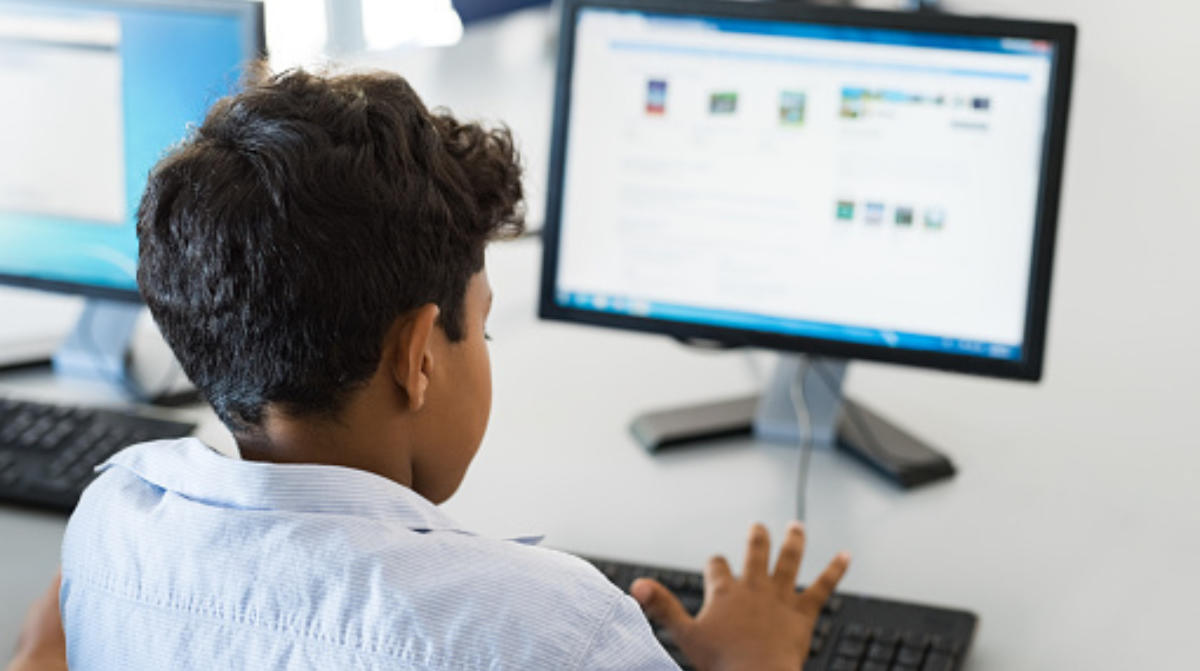
Technology Literacy
Explore resources in Technological Literacy to encourage students to use technology in a responsible manner.

Science
Explore natural phenomena and scientific practices with videos, lesson plans, and interactive tools.

Social Studies
Explore the past and learn about the present with resources on government, history, economics, and more.

Mathematics
Bring math concepts to life through interactive games, animations and engaging media resources.
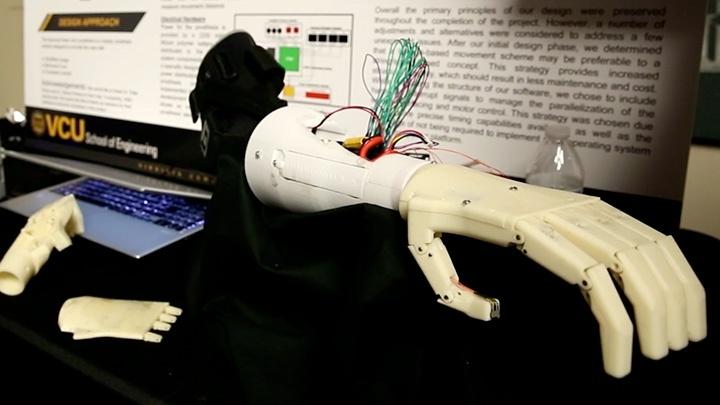
Engineering & Technology
Discover resources and projects that connect students to engineering design practices and future careers.
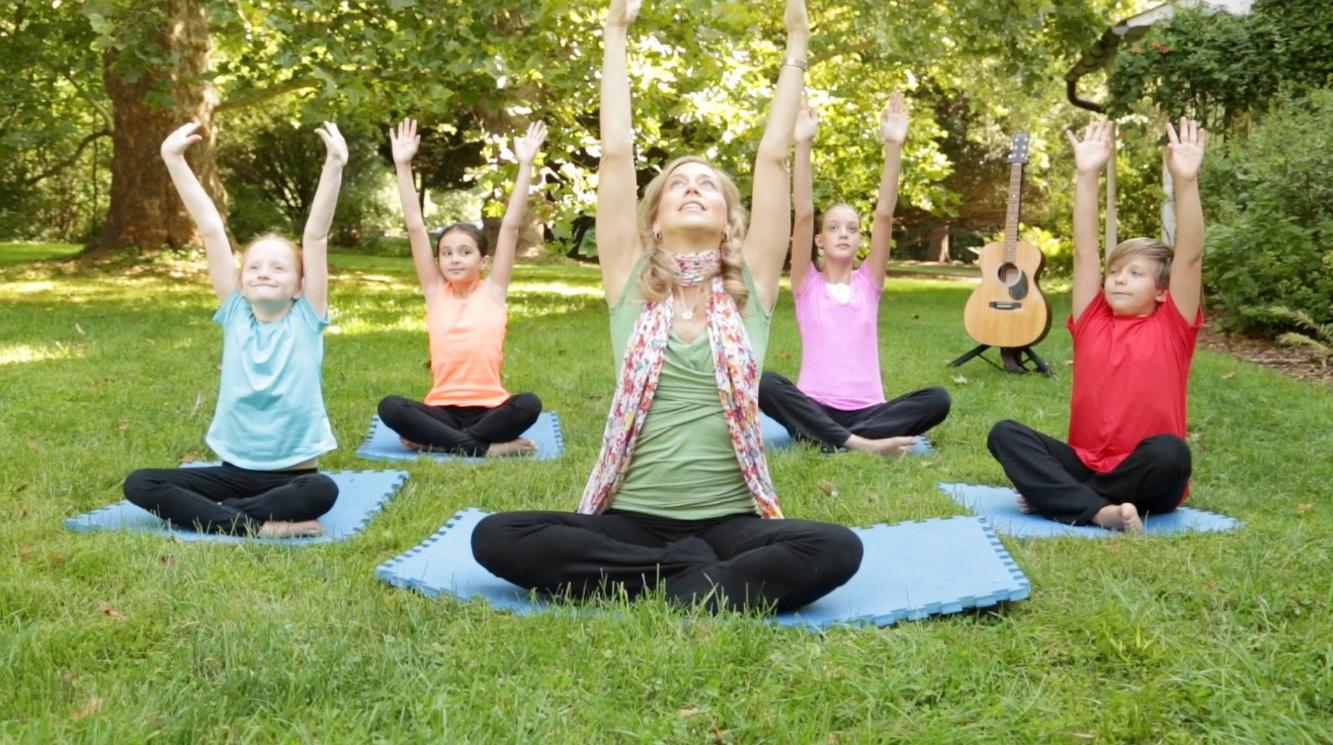
Health & Physical Education
Discover resources that provide essential lessons on physical, mental, and emotional health.

The Arts
Bring dance, music, theater, and visual art into your classroom with these standards-aligned resources.
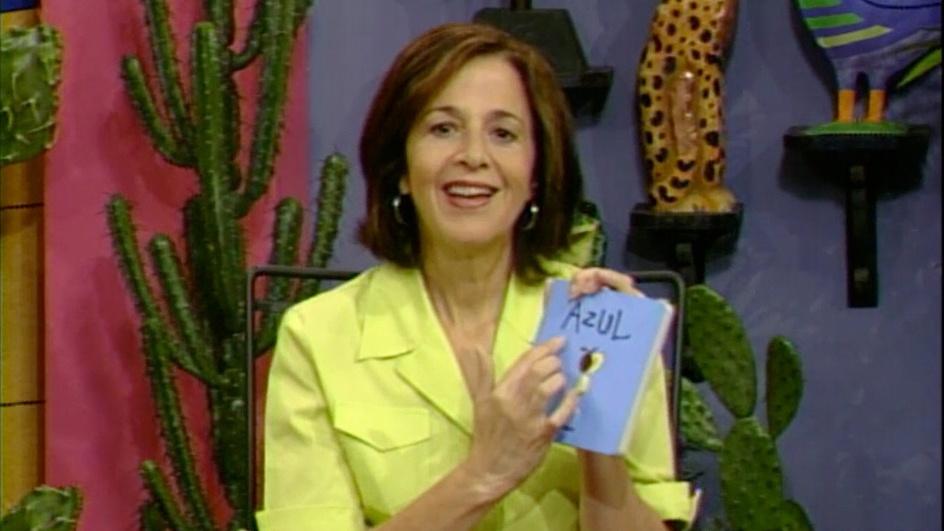
World Languages
Bring world languages and cultures into your classroom with resources on Spanish, French, and more.


